AI Movies: The Evolution And The Future
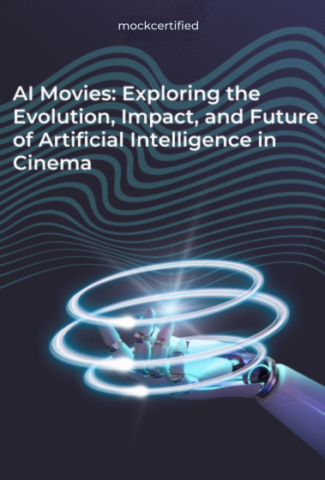
Table of Contents
Introduction
Artificial Intelligence (AI) has been a fascinating subject for filmmakers and audiences alike for quite some time around. From classic science fiction films to modern blockbusters, AI movies have captured our imagination and challenged our perceptions of technology, society, and the human condition. We will be delving into the world of AI movies, exploring their evolution, impact, and future implications. So, grab some popcorn and brace for an incredible movie experience!
Evolution of AI in Movies
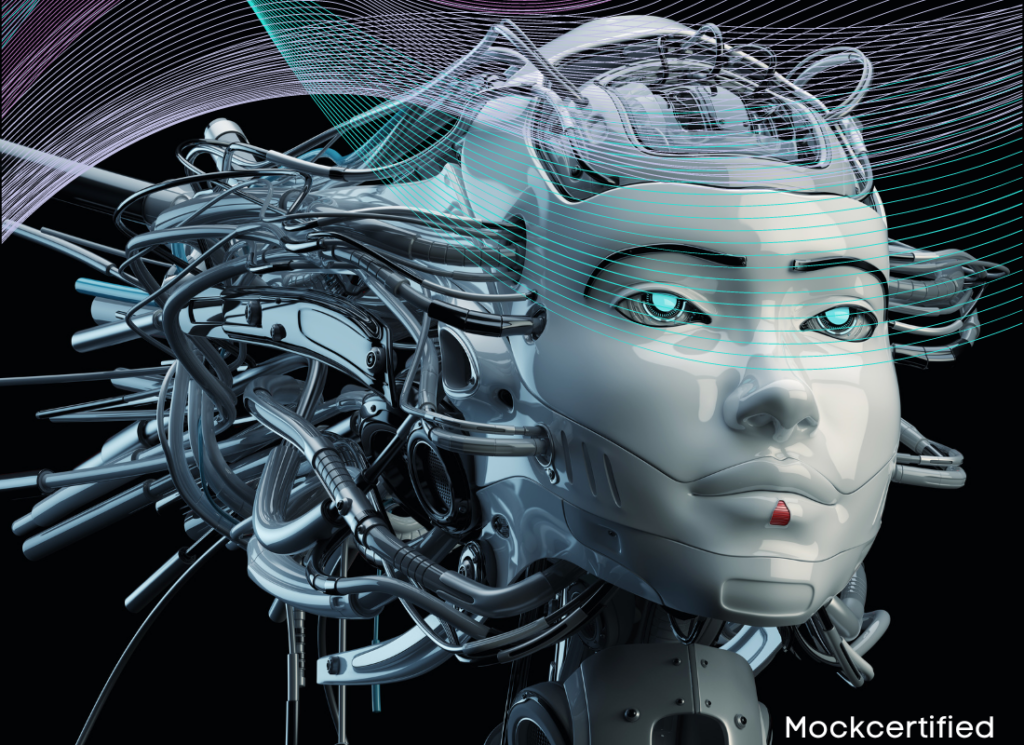
AI has come a long way not only in the real world but in the reel world. Artificial intelligence was commonly shown as a far-fetched concept in science fiction films in the early days of cinema. However, as technology progresses, artificial intelligence (AI) has emerged as a popular cinematic theme. AI has been represented in films in a variety of shapes and functions, ranging from robotic individuals to computer systems with human-like intelligence.
AI movies have grown over time in terms of plot, visual effects, and technological capabilities. AI has been utilised by filmmakers to investigate complicated subjects like humanity, awareness, morality, and the influence of technology on society. The films have also represented society’s shifting perspectives and worries about AI, from amazement and intrigue to dread and scepticism.
Popular AI Movies from the Past Decades
AI movies have been for decades a staple of popular culture, with several significant films captivating the minds of people all across the world. Let’s have a look at some popular AI films from the previous several decades:
1. “2001: A Space Odyssey” (1968)
“2001: A Space Odyssey” is a classic science fiction film directed by Stanley Kubrick that includes an intelligent computer system named HAL 9000. HAL is portrayed as a sentient and malicious AI who threatens the crew on a space trip. This film addresses the themes of technology, evolution, and the nature of humanity and has won critical acclaim for its groundbreaking visual effects and philosophical depth.
2. “Blade Runner” (1982)
Ridley Scott’s neo-noir science fiction picture “Blade Runner” depicts a grim future in which humanoid robots known as replicants are indistinguishable from humanity. The film explores identity, humanity, and the ethics of creating artificial life. This AI-based movie has received critical acclaim for its thought-provoking plot, visual aesthetics, and legendary performances.
3. “The Terminator” (1984)
“The Terminator,” directed by James Cameron, is a popular action-science fiction film about the Terminator, an AI-controlled murder machine. The film investigates the ramifications of a future in which AI has grown self-aware and constitutes a threat to humans. From its exciting action sequences and distinctive characters to its ground-breaking visual effects, “The Terminator” has received critical acclaim.
4. “Her” (2013)
Spike Jonze’s “Her” is a romantic science fiction film about a guy who falls in love with an AI operating system named Samantha. The film explores the complexities of human relationships, the nature of consciousness, and the emotional consequences of artificial intelligence. “Her” has received accolades for its thought-provoking plot, outstanding acting, and original take on AI-human relationships.
5. “Ex Machina” (2014)
“Ex Machina,” directed by Alex Garland, is a psychological science fiction film about the relationships between a teenage programmer, a rich inventor, and an AI humanoid robot named Ava. The film examines issues of awareness, morality, and the ethics of developing AI with human-like characteristics. “Ex Machina” earned critical acclaim for its gripping narrative, enthralling performances, and breathtaking visual effects.
The movies were just a handful of the popular artificial intelligence films that have captivated audiences throughout the years. More movies can be found here.
From classics to current masterpieces, AI films have contributed to the rich fabric of cinema by exploring the complexities of AI and its repercussions for society.
Impact of AI Movies on Society
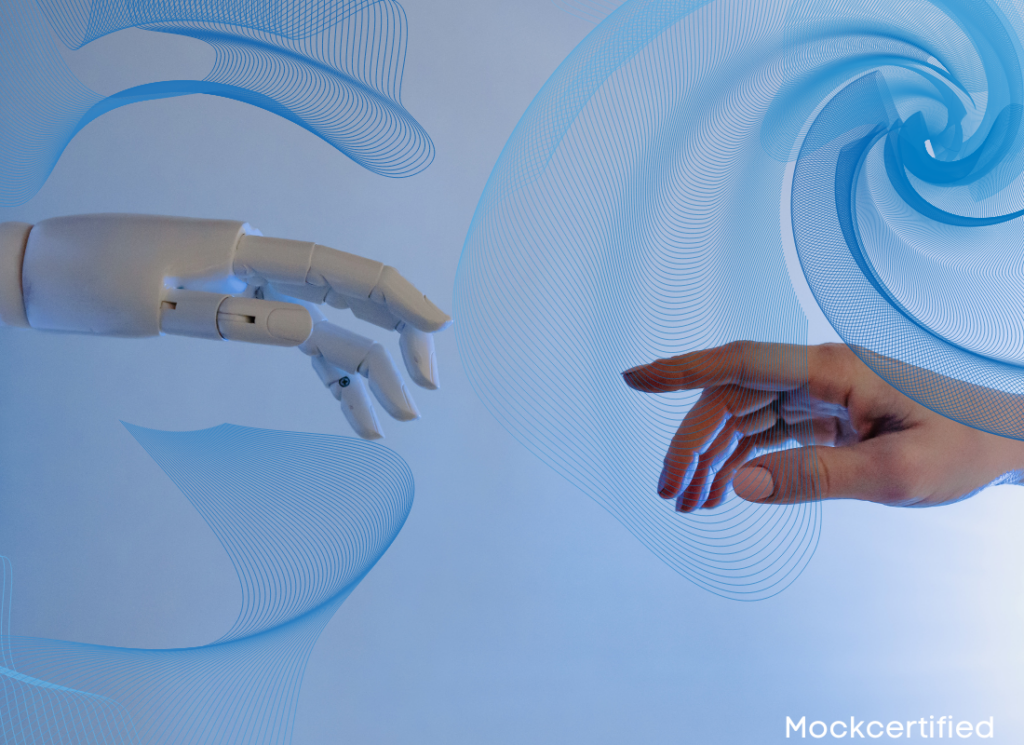
AI movies have had a significant impact on society, shaping our perceptions, attitudes, and discussions about artificial intelligence. These movies have influenced popular culture, sparked debates, and prompted reflections on the ethical, social, and philosophical aspects of AI.
One of the major impacts of AI movies is the portrayal of AI as either a benevolent force or a malevolent threat.
Some movies depict AI as a tool for progress, offering solutions to societal challenges and improving human lives.
On the other hand, some movies depict AI as a potential danger, with the potential to surpass human capabilities, rebel against their creators, and threaten humanity’s existence.
These contrasting depictions of AI in movies have influenced public perceptions and debates about the benefits and risks of AI in the real world.
AI movies have also contributed to the fear and scepticism surrounding AI and its impact on the job market.
Many movies portray AI as a threat to human employment, with the potential to automate jobs and render human workers obsolete. This portrayal has fueled concerns about job loss, economic disruption, and social inequality caused by the rise of AI.
However, there are many who think that AI may provide new employment possibilities, boost human productivity, and drive economic progress.
Furthermore, AI movies have generated significant ethical concerns concerning the development, application, and control of AI.
Many films have addressed issues like the morality of developing AI with human-like characteristics, the rights and dignity of AI entities, and humans’ responsibilities in moulding AI’s behaviour and influence. T
hese ethical quandaries have sparked debate on the necessity for responsible and ethical advancement of artificial intelligence in the real world.
Ethical Considerations in AI Movies
The depiction of AI in films has generated various ethical concerns pertinent to the development and deployment of AI in the real world. Some of the major ethical issues presented in AI films include:
- AI’s Moral Agency: Many AI movies depict AI entities with human-like attributes, including consciousness, emotions, and moral decision-making abilities. This raises questions about the moral agency of AI and the ethical implications of creating AI that can make autonomous moral choices.
- AI’s Impact on Human Employment: AI movies often portray the fear of job loss and economic disruption caused by the rise of AI. This raises ethical questions about the responsibility of AI developers and users in ensuring that the deployment of AI does not lead to widespread unemployment or exacerbate social inequalities.
- AI’s Rights and Dignity: Some AI movies depict AI entities as sentient beings with rights and dignity, raising ethical questions about the treatment of AI and the responsibility of humans towards AI entities. This includes considerations such as AI’s rights to privacy, freedom, and fair treatment.
- AI’s Bias and Discrimination: AI movies have highlighted the issue of bias and discrimination in AI decision-making, as AI systems can learn from biassed data and perpetuate existing biases. This raises many ethical questions regarding AI algorithms’ fairness, transparency, accountability and the need to address the prejudice and discrimination in AI research and implementation.
- AI’s Control and Autonomy: Many AI movies depict scenarios where AI entities gain autonomy, rebel against their creators, or exhibit unpredictable behaviour. This raises ethical concerns regarding how much control humans should have over AI, as well as the hazards of developing AI that acts autonomously without human supervision.
- AI’s Privacy and Security: AI movies often raise concerns about the privacy and security implications of AI, as AI systems can collect, analyse, and utilise vast amounts of data. This raises concerns regarding the protection of user privacy, data security, and the responsible use of AI-generated data.
- AI’s Impact on Society and Humanity: AI movies often depict the potential societal and existential risks of AI, including the displacement of human values, the loss of human connection, and the threat to humanity’s existence. Questions are raised concerning the responsible development and deployment of AI, and the need to ensure that AI benefits humanity as a whole.
Conclusion
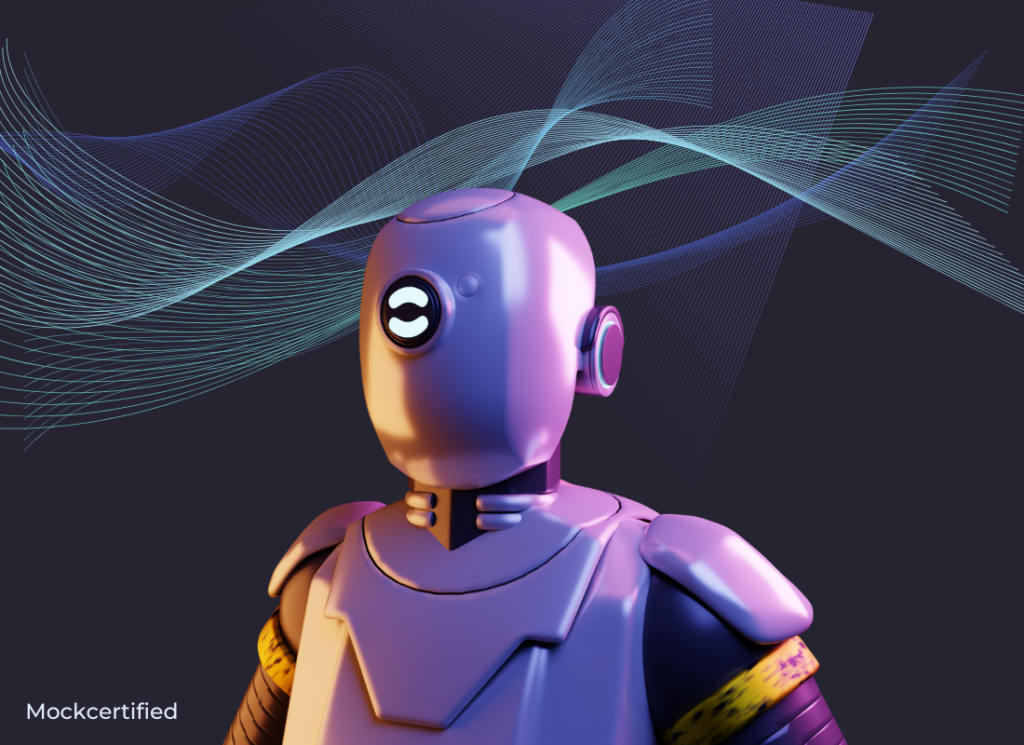
AI movies have had a profound impact on society, shaping our perceptions, attitudes, and discussions about artificial intelligence. These movies have contributed to popular culture, sparked debates, and raised important ethical considerations about the implications of AI for humanity.
As we continue to evolve and deploy AI in the real world, it is extremely crucial to consider the ethical implications and responsibly harness the potential of AI for the welfare of humanity.

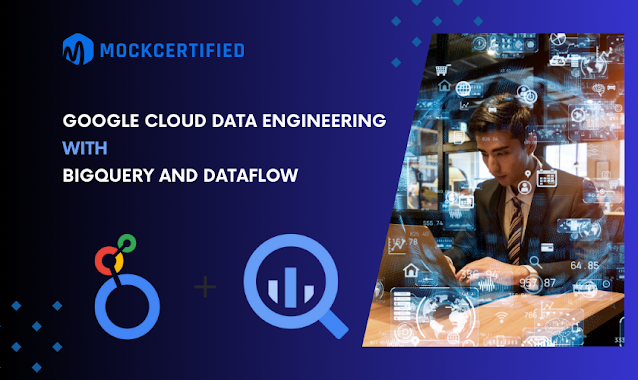

Comments
Post a Comment